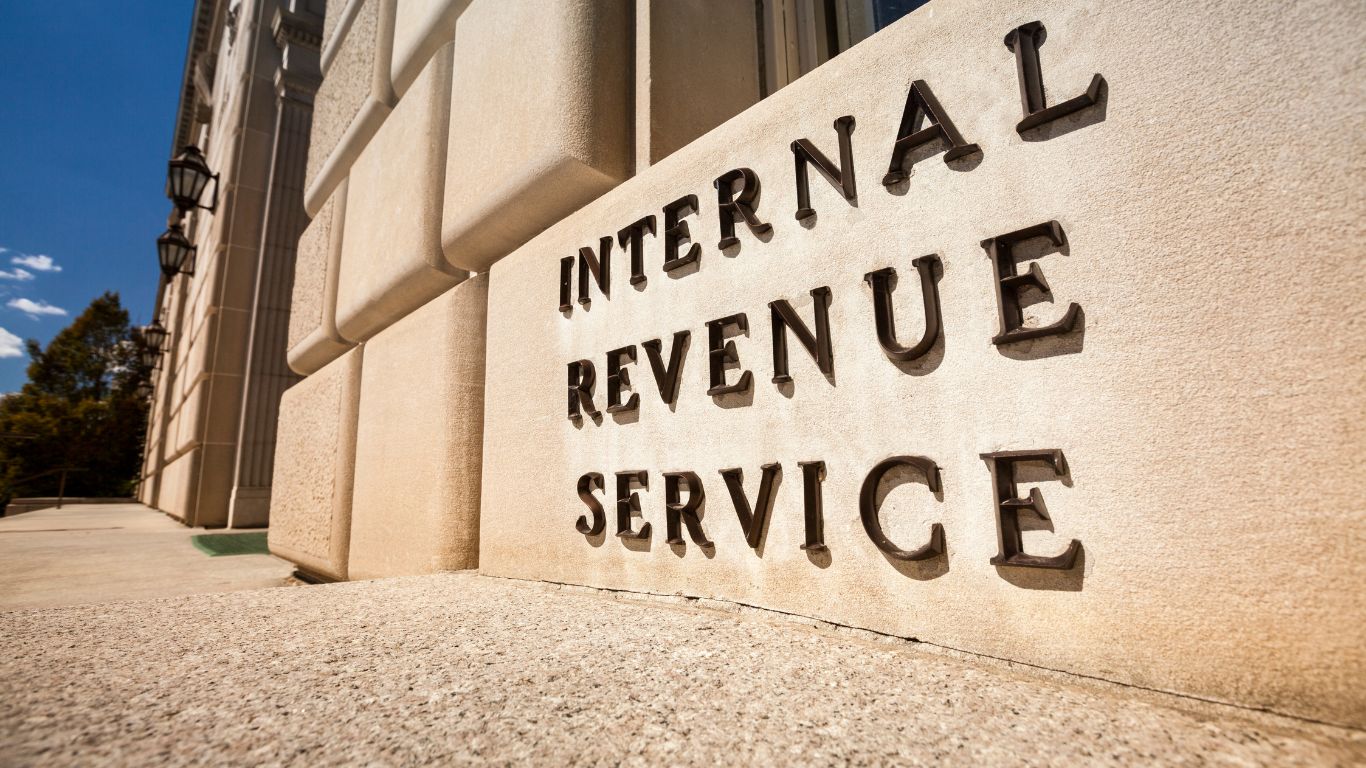A 1031 exchange is a great way to invest in real estate without paying taxes on the sale of your property. However, you should know a few things before deciding to do a 1031 exchange. This article will answer some of the most common questions about 1031 exchanges.
- What is a 1031 exchange?
A 1031 exchange is a tax-deferred exchange under section 1031 of the United States Internal Revenue Code that allows investors to defer capital gains taxes on the sale of an investment property by reinvesting the proceeds from the sale into a similar property.
The most common 1031 exchange is exchanging one investment or business property for another. Until January 1, 2018, a 1031 exchange could also be used to trade other property types, such as personal property, art, or even intangible assets. Unfortunately, that is no longer allowed.
To qualify for a 1031 exchange, the properties must be held for investment or business purposes and exchanged for properties of similar type and value. The exchange must also be completed within a specific time frame. - What are the benefits of a 1031 exchange?
The primary benefit of a 1031 exchange is the deferral of capital gains taxes. The capital gain is subject to taxation when an investment property is sold. However, the capital gain can be deferred if you reinvest the proceeds from the sale into another investment property via a 1031 exchange.
Deferral of capital gains taxes can provide the investor with a significant advantage allowing them to reinvest the proceeds into a new property without paying tax on the sale. - What are the requirements for a 1031 exchange?
To complete a 1031 exchange, the taxpayer must adhere to a few requirements.
– First, the taxpayer must identify potential replacement property within 45 days of the sale of the original property.
– Second, the taxpayer must purchase the replacement property within 180 days of the sale of the original property.
– Lastly, the taxpayer must reinvest all of the proceeds from the sale of the original property into the replacement property. If the taxpayer does not adhere to these requirements, they will be required to pay capital gains taxes on the sale of the original property. - What are the tax consequences of a 1031 exchange?
When you do a 1031 exchange, you postpone your capital gains tax liability until you sell the new property. You will have to pay taxes on your capital gains when you eventually sell the property you purchased through the 1031 exchange. - Who can conduct a 1031 exchange?
The 1031 exchange is conducted by an intermediary, which is usually a title company like Cortes & Hay. The intermediary must be an independent third party not directly involved in the transaction.
It’s essential to work with a 1031 exchange-experienced company that can help ensure your exchange goes smoothly and that you comply with all of the required rules and regulations.
Exchanges can be complex, but they can also be a great way to defer taxes on the sale of investment property and reinvest the proceeds into the new property. A 1031 exchange can be a valuable tool for investors with careful planning and execution.
If you feel like this tool may be a good choice for your next real estate transaction, or if you have questions about a 1031 exchange, get in touch with us today. We are happy to discuss the particulars of your situation and show you how you can utilize this incredible tax deferral tool.

